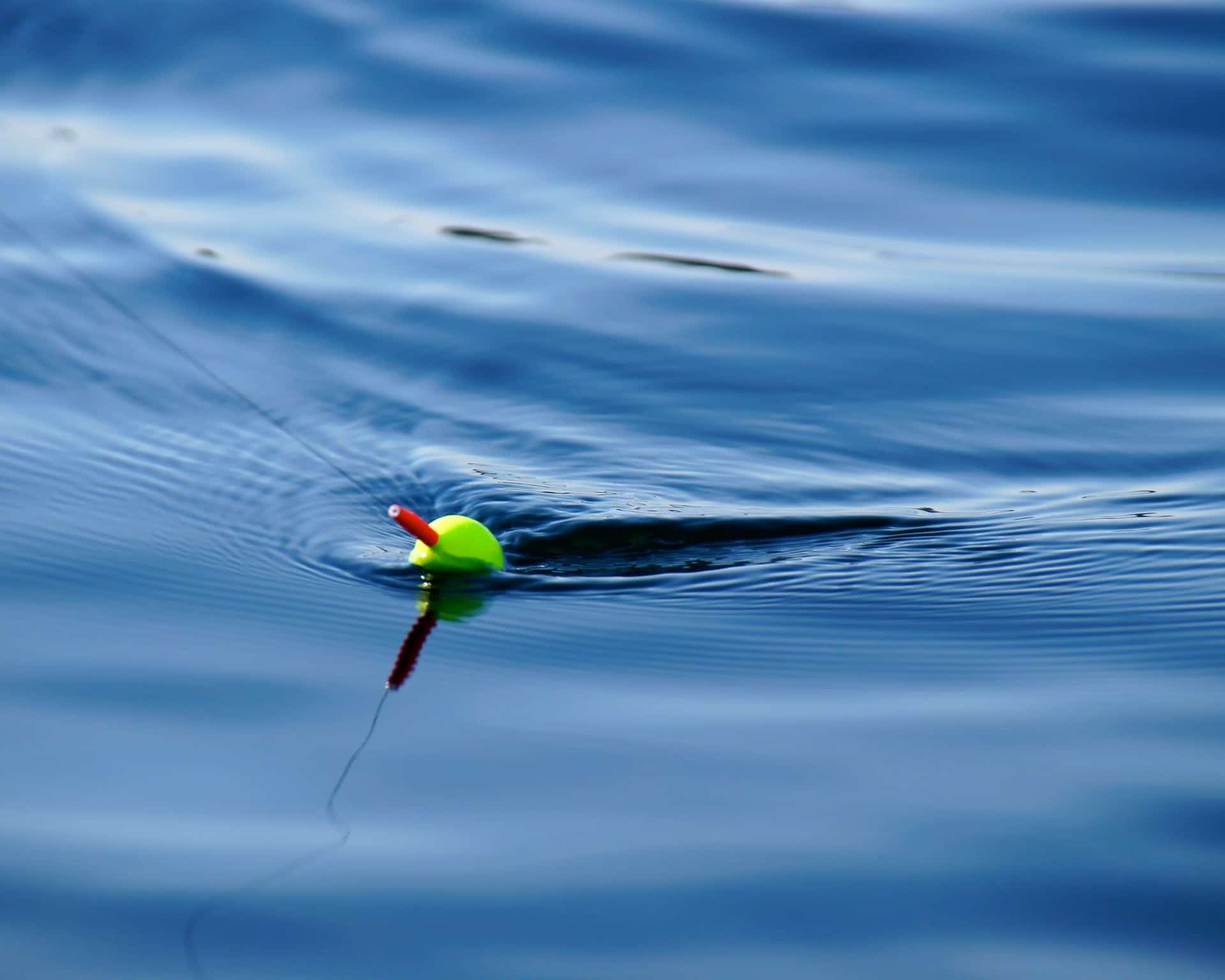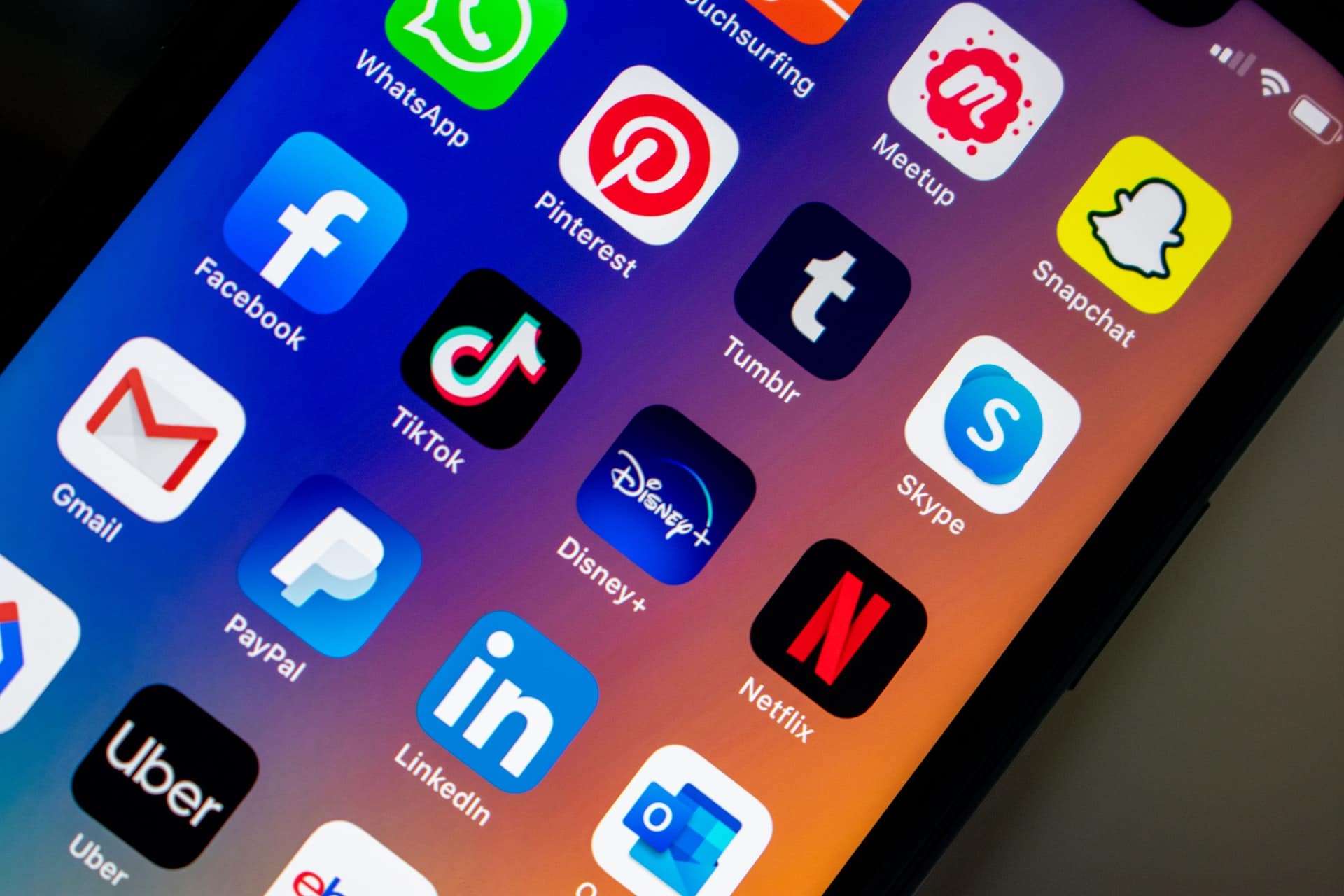It has been estimated that over 200 million people own a PayPal account and transact business through them. PayPal has been a reliable way for people to transact money digitally since 1998. This service has been a very popular way for scam artists to perfect PayPal scams since it was launched.
In 1998, the advent of digital money transfers was a revolutionary concept. It took time for people to get used to the idea of transferring money digitally, and especially via email.
Yes, it makes all the sense in the world now. 20 years ago? Not so much.
I didn’t get a PayPal account myself until 2003 or 2004. Consider – that was the era right before smartphones, FB, and living life through social media accounts become commonplace occurrences. So, try not to judge me too much.
The point is that now people trust PayPal so much they let their guard down. People trust whatever PayPal-related email message they receive.
And like a vampire in a horror film, you must invite a scam artist into your digital life to get scammed.
Over 70% of Americans use online payment technology services like PayPal. Since April 2020, Americans have been scammed out of $13.4 million due to coronavirus related scams facilitated through PayPal scams.
In a lot of fantasy and horror movies I watched as a kid, certain heroes or sorcerers could only be harmed if their enemies learned their true names.
It’s an inelegant analogy, but very apt when discussing how PayPal scams can harm you. Your PayPal password is the key to your online finances like the secret, sacred name of a fantasy film wizard.
PayPal scam artists must separate you from your password, or fool you into sending them money, to inflict real financial damage.
Here are some examples of such scams.
Classic PayPal Scams – Phishing
The oldest and simplest PayPal scams is the phishing scam.

Phishing scams are basically sophisticated data retrieval schemes. Scam artists use misdirection, lies, and panic-inducing solicitations to try to get you to reveal your password and other sensitive financial information. If you pay attention, such scams are easy to spot. But for every person who doesn’t take the bait, many others do.
Unlike in the movies, its hard for hackers to access your online financial data. Unless such hackers are state-sponsored, the best they can do is to discern your PayPal address based on your online activity.
So, you will be sent a panic inducing email saying that your PayPal address has been compromised.
Or, you will receive an email alert saying that a recent purchase you didn’t make has been deducted from your account.
Whatever the solicitation, it will be designed to encourage an automatic emotional reaction from you. Then, you will click onto a phony log n link in the email and give the scam artist your password.
And, access to your money.
If you pay attention, phishing scams are relatively easy to spot.
For one thing, they never feature official PayPal.com addresses. Phishing emails feature addresses that resemble PayPal addresses with extra numbers or letters.
Sometimes it’s a personal email address. Check the email address closely in such situations.
There may be grammatical errors in the email. The PayPal logo may look fraudulent or off-color.
Never panic, check the email, and never click on login links of suspect emails.
Advance Fee Scam
There is no such thing as easy money. Once you accept that life maxim, it gets progressively difficult to get scammed.
You have no business getting excited about or believing that you have won an online sweepstakes, lottery or contest you didn’t enter.
In such PayPal scams, you are asked to pay a small advance fee to officially claim your prize.
Usually the excuse is that the advance fee is needed to pay for processing, taxes, or something else.
So, you click on a fraudulent login link in your email, give up your password and any money you have in your PayPal account.
You may be given the option to wire the advance fee or write a check to the scam artist as well.
If you are prompted to pay an advance fee to receive payment for a prize you never applied for, it’s a red flag.
Charity Scams
This is basically a variation of the phishing scam with a heart and conscience tugging focus on charity and goodwill.
A complete stranger, a scam artist in reality, will pose as a representative of a charity. They will send you an email solicitation asking you for a donation.
What is insidious about PayPal scams like this is that they evolve and adapt with the times. Now that tens of millions of people are unemployed or facing eviction, you may get a coronavirus-themed email solicitation for donations.
You may be asked to send a donation via PayPal. Or, you may receive an email solicitation made to look like it is from PayPal with a fraudulent login link.
If you send the money, you are just paying the scam artist. Or, you login onto a phony PayPal website via an email link to make a donation and give away your password.
Never donate money via PayPal when solicited by online strangers.
Always donate money through the official websites or agents of verifiably charitable organizations.
Protect Your PayPal Account and Password
PayPal scams and online scam artists can only do you harm if you unwittingly, and foolishly, give them your password or money.
Like a vampire in an old school horror movie, you have to invite them into your digital finances.
Always protect your password.
Never click on dubious login links via email.
You will always be better off logging onto your PayPal account from a web browser than a suspect email login link.
It takes two to get scammed so, so do your best to make scam artists feel lonely.
Read More
KEEP ALL OF THESE THINGS OUT OF YOUR WALLET OR PURSE TO DECREASE IDENTITY FRAUD RISK
CARD CRACKING FRAUD MAKES YOU AN UNWITTING CRIMINAL
MOST “GOING OUT OF BUSINESS” SALES ARE SCAMS
4 ITEMS THAT ARE NOT WORTH YOUR CASH
HOW TO STOP AN AUTOMATIC PAYMENT FROM A CHECKING ACCOUNT?

Allen Francis was an academic advisor, librarian, and college adjunct for many years with no money, no financial literacy, and no responsibility when he had money. To him, the phrase “personal finance,” contains the power that anyone has to grow their own wealth. Allen is an advocate of best personal financial practices including focusing on your needs instead of your wants, asking for help when you need it, saving and investing in your own small business.
